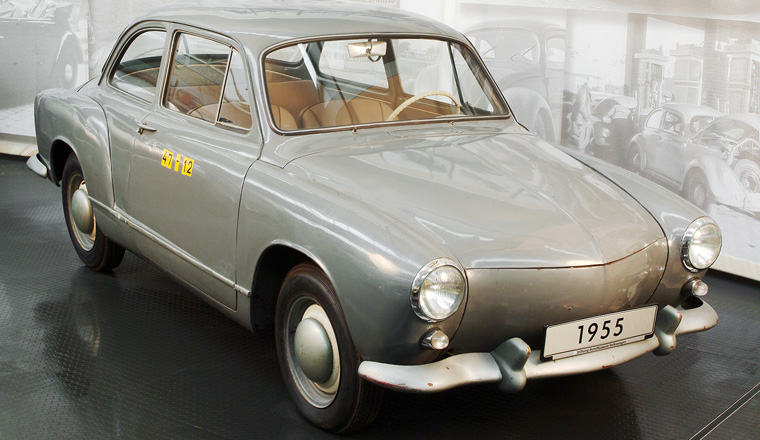Recent Developments and Innovations at VW

Introduction
Volkswagen AG, commonly known as VW, is one of the largest automotive manufacturers in the world. With a significant global presence and a history that spans over 80 years, VW plays a crucial role in the automotive industry, particularly in the shift towards sustainable and electric vehicles. The company’s recent strategic decisions and innovations are pivotal, not only for its growth but also for shaping the future of transportation.
Current Innovations and Investments
In recent months, VW has made headlines with several ambitious initiatives aimed at enhancing its electric vehicle (EV) lineup. In the latest quarterly report released in September 2023, VW announced plans to invest €89 billion (£76 billion) over the next five years, focusing on electric and digital technologies. This investment aligns with its goal of becoming a leader in the global electric vehicle market by 2025, aiming to produce around 1.5 million electric vehicles per year by that time.
This strategy has been underlined by the introduction of their latest model, the ID. Buzz, a fully electric reinterpretation of the classic VW Microbus, which has gained considerable attention for its unique design and eco-friendly features. Additionally, VW has been investing heavily in battery production, with plans to establish six gigafactories within Europe by 2030 to secure battery supply chains and reduce dependency on external partners.
Sustainability Initiatives
VW’s commitment to sustainability is evident in its aim to achieve carbon neutrality across its entire production by 2050. A significant part of this initiative involves the use of renewable energy sources in its manufacturing processes and supply chain. In October 2023, the company announced a partnership with solar energy firms to implement solar panels at several production facilities in Germany, which is expected to significantly reduce its carbon footprint.
Challenges Ahead
Despite these advancements, VW faces challenges, including supply chain disruptions and increased competition in the EV market. The global semiconductor shortage has already impacted production timelines, leading to delays in vehicle deliveries. Additionally, the rise of new EV manufacturers exemplifies a highly competitive landscape, pushing traditional automakers to innovate rapidly.
Conclusion
The direction VW is heading in suggests a significant shift towards a more sustainable and innovative future for the automotive industry. With substantial investments in electric vehicle technology and sustainability practices, VW is positioning itself to not only adapt to the changing market demands but to set trends within the industry. For consumers, this means a broader range of sustainable vehicle options in the near future as VW continues to navigate the evolving automotive landscape.









